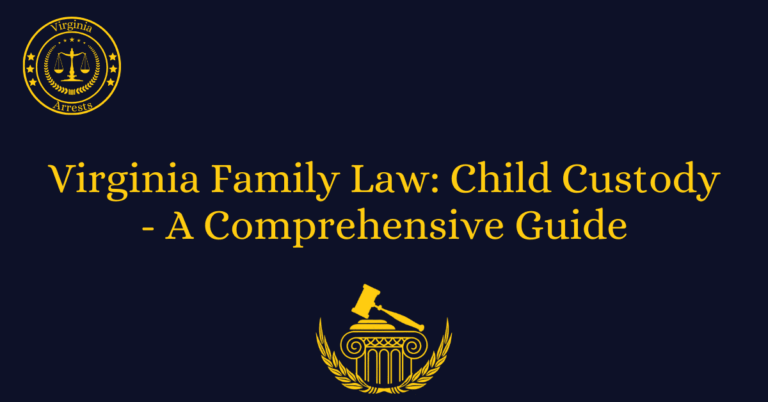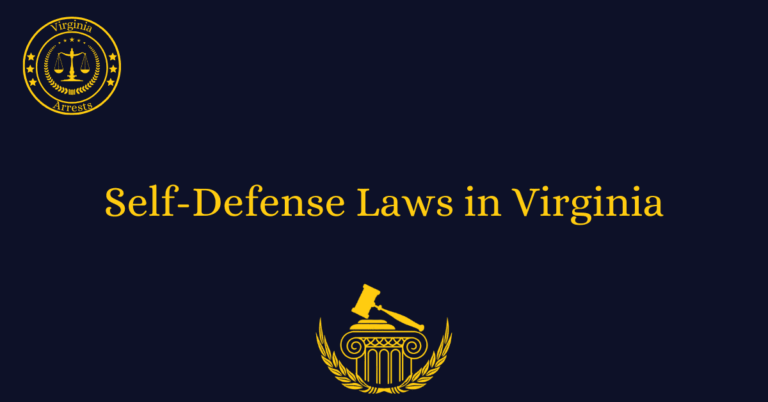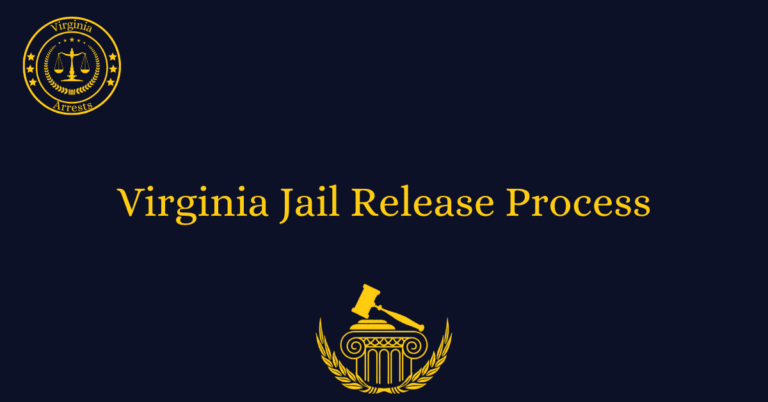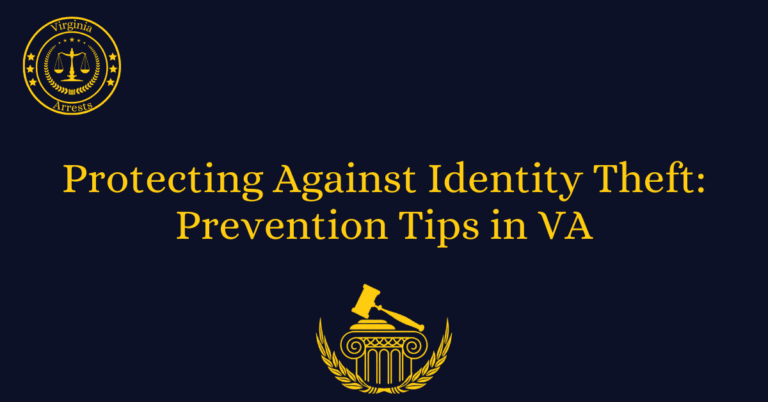Virginia DUI Laws and Penalties
Thank you for visiting our website, where we aim to provide you with comprehensive information on Virginia DUI laws and penalties. Whether you are a concerned citizen, a professional in the legal field, or someone who wants to stay informed, we have got you covered.
Virginia DUI laws are strict and can have serious consequences. It is crucial to understand the legal framework surrounding driving under the influence in this state. Our team of experts has conducted extensive research to compile all the essential information you need to know. From the definition of DUI to the penalties you may face, we break down the complexities of the law in a clear and accessible manner.
Understanding Virginia DUI Laws
Driving under the influence (DUI) is a serious offense in the state of Virginia, and it is important to have a thorough understanding of the laws and penalties associated with it. Our website aims to provide you with comprehensive information on Virginia DUI laws, ensuring that you are well-informed and aware of the potential consequences.
The Definition of DUI in Virginia
In Virginia, DUI is defined as operating a motor vehicle with a blood alcohol concentration (BAC) of 0.08% or higher. It is also important to note that the legal drinking age in Virginia is 21, so any driver under the age of 21 with a BAC of 0.02% or higher can be charged with DUI.
Penalties for DUI Offenses
Virginia has strict penalties for DUI offenses, and they can have a significant impact on your life. If you are convicted of a DUI, you may face fines, license suspension, mandatory alcohol education programs, and even jail time. The severity of the penalties depends on various factors, including your BAC level and any previous DUI convictions.
First-Time DUI Offenses
For a first-time DUI offense, you can expect to face a fine of up to $2,500, a one-year license suspension, and mandatory participation in the Virginia Alcohol Safety Action Program (ASAP). You may also be required to install an ignition interlock device in your vehicle.
Subsequent DUI Offenses
If you have previous DUI convictions, the penalties for subsequent offenses become even more severe. The fines increase, and you may face longer license suspensions, mandatory jail time, and the possibility of having your vehicle seized.
Enhanced Penalties for High BAC
In Virginia, having a high BAC level can lead to enhanced penalties. If your BAC is 0.15% or higher, you may face additional fines, mandatory minimum jail time, and the requirement to attend substance abuse treatment programs.
Other Consequences of DUI
Aside from the legal penalties, a DUI conviction can have lasting consequences on various aspects of your life. It can impact your employment opportunities, increase your insurance premiums, and tarnish your reputation. It is crucial to take DUI offenses seriously and seek legal guidance if you are facing charges.
Remember, knowledge is power when it comes to understanding Virginia DUI laws. By educating yourself on the legal framework surrounding driving under the influence, you can make informed decisions and protect yourself and others on the road. Stay informed, stay safe, and together, we can work towards a safer Virginia.
FAQs
What are Virginia DUI laws?
Virginia DUI laws refer to the legal regulations and statutes that govern driving under the influence in the state of Virginia. These laws outline the criteria for determining DUI offenses, the penalties associated with such offenses, and the procedures followed during DUI arrests and trials.
What is the legal definition of DUI in Virginia?
In Virginia, DUI is defined as operating a motor vehicle with a blood alcohol concentration (BAC) of 0.08% or higher. Additionally, individuals can be charged with DUI if their ability to operate a vehicle is impaired due to the consumption of alcohol, drugs, or a combination of both.
What are the penalties for a DUI conviction in Virginia?
The penalties for a DUI conviction in Virginia vary depending on various factors, such as the offender’s BAC level, previous DUI convictions, and whether any aggravating circumstances were involved. Penalties can include fines, license suspension, mandatory alcohol education programs, community service, probation, and even jail time.
Can I refuse a breathalyzer test in Virginia?
Virginia has an implied consent law, which means that by operating a motor vehicle, you are deemed to have consented to a breathalyzer test if law enforcement has reasonable grounds to believe you are driving under the influence. Refusing to take a breathalyzer test can result in the immediate suspension of your driver’s license.
Are there any defenses against a DUI charge in Virginia?
Yes, there are several defenses that can be used against a DUI charge in Virginia. These may include challenging the accuracy of breathalyzer or blood test results, disputing the legality of the traffic stop or arrest, or proving that the officer did not have probable cause to believe you were driving under the influence.







